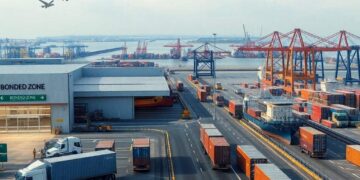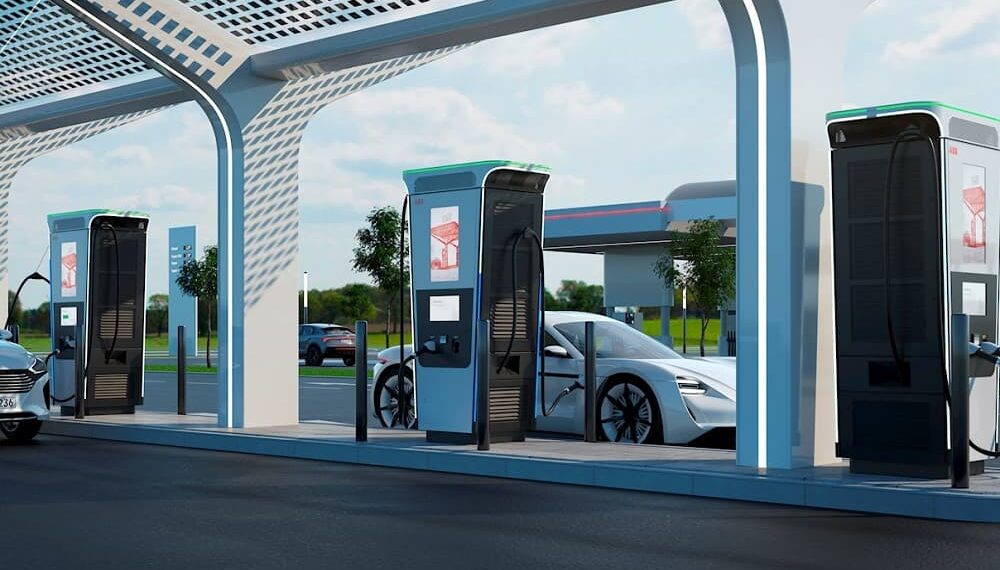The EU Future Mobility Task Force has gone on to announce that it has gone ahead and launched a joint call to action which is aimed at positioning Europe as the global leader in transport innovation. The task force, which goes on to consist of 18 of Europe’s most influential private mobility companies as well as start-ups, went on to present a comprehensive six-page report that outlined specific recommendations so as to propel Europe forward in the gamut of transport innovation.
It is well to be noted that mobility stands as a cornerstone of the European Union- EU, prominently going ahead and impacting citizens’ lives as well as the economy. With 5.3% of all Europeans employed in the sector, it goes on to contribute 5% of the EU’s gross value added. Recognizing missed opportunities from the past, the task force happens to see Europe at a pivotal moment, thereby holding a unique opportunity so as to shape the future of mobility.
The joint endeavors of the task force members look to not only establish Europe as a leader when it comes to mobility innovation but, at the same time, also uplift the entire European transport ecosystem. Addressing the three key areas for improvement, task force emphasizes the significance when it comes to regulatory and market access, as well as access when it comes to finance and citizen engagement.
Adina Vălean, who is the Commissioner for Transport, went on to express her appreciation for the paper, thereby underscoring Europe’s potential to go ahead and lead in mobility innovation. She remarked that Europe happens to have the potential to become a global leader when it comes to mobility innovation and that they owe this to their citizens and to the competitiveness of their respective economy’s.
The paper goes on to outline three major areas for the advancement of innovative mobility solutions. First, regulatory as well as market access has to be enhanced so as to create a truly unified single market when it comes to transport, thereby fostering healthy competition as well as enabling start-ups to go ahead and compete on equal footing along with the established players.
Second, access when it comes to finance is indeed identified as one of the crucial aspects for the growth of mobility innovations. Europe is indeed encouraged so as to overcome institutionalized risk aversion and, at the same time, leverage its capital markets in order to increase public investment as well as unlock private capital.
And finally, the task force goes on to highlight the importance of citizen engagement as well as policymaking. By way of involving the users, regulators, along with the innovators in decision-making processes, Europe can go on to champion user-centric policies and, at the same time, demonstrate how innovative solutions can go on to address challenges like congestion, elevating costs, and CO2 emissions.
































